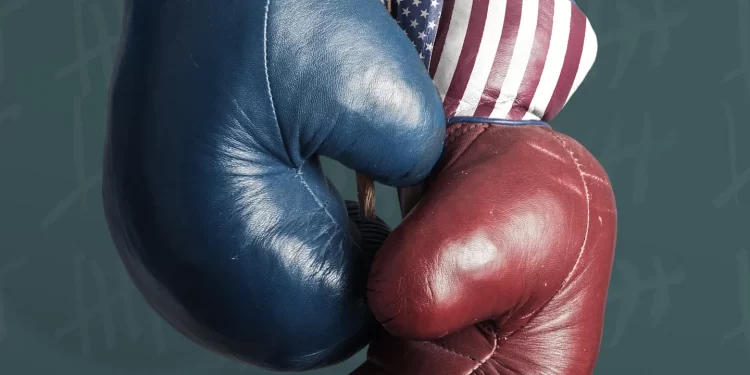I appreciated Joshua Park’s Sept. 29 Thursday Opinion column describing partisan troubles throughout Harvard’s 2022 Summer season in Washington program [“We college students are partly to blame for our broken politics”]. I directed this system’s final iteration in 2019. In that summer season, contributors met with figures from throughout the political spectrum. College students loved assembly Clinton and Trump advisers and politically numerous members of Congress. We packed as many younger (usually left-leaning) individuals as might match into the room to listen to Nicholas Eberstadt of the American Enterprise Institute.
What modified? Maybe universities and the broader nation have edged away from open-minded politics. However D.C. within the Trump period was hardly calm, and lots of younger individuals idealize bipartisanship even when they don’t follow it. In 2019, we emphasised that this system meant to introduce as many individuals, locations, teams and views as potential (“the nice, dangerous and weird” of D.C.), with as a lot disagreement as potential, purely for the sake of understanding Washington, a metropolis whose fixed adjustments ought to make it complicated even to its residents. Occasions explicitly and relentlessly cycled between subjects and political orientations. This helped contributors overcome notions that seeing one other aspect might threaten one’s morals and identification.
Sadly, such programming is uncommon. Few donor-driven nonprofits and political teams need to fill the void. However I belief there are numerous younger individuals who nonetheless quietly yearn to higher perceive how political opposites assume, and if or whereas this stays true, I nonetheless see hope for extra productive, cooperative occasions in U.S. politics.
The author is a fellow on the Harvard Kennedy Faculty.










